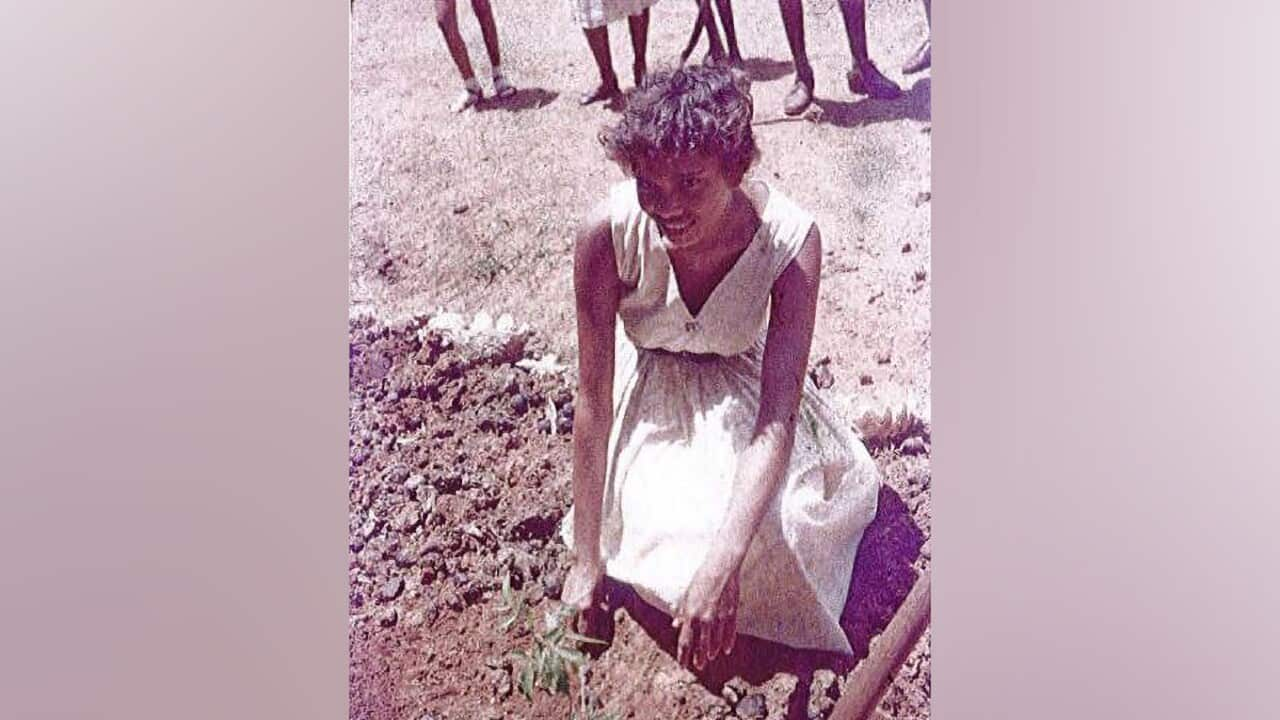In a landmark moment, the Western Australian Government has apologised for stealing the wages of Aboriginal workers.
Thousands of Indigenous workers who were paid little or no wages for almost four decades have finally received a formal apology after a successful class action led by Senior Gooniyandi Elder, Mervyn Street.
On behalf of the government, WA premier, Roger Cook said the laws controlled where Aboriginal people were allowed to work, travel and live, how much money they were paid, how they were paid, and how they received their wages and entitlements.
"In bringing a close to this part of WA's history, on behalf of the State of Western Australia, I apologise to the Aboriginal men, women and children who worked in WA between 1936 and 1972 - for decades in many cases - for no pay or not enough pay.
"While we acknowledge that many of those people have not lived to see this day, for their family members who remain, we are sorry for the hurt and loss that your loved ones suffered.
"Their strong minds and spirits pursued justice in the decades that followed, leading to this moment and the recognition they rightfully deserve.
"To you all, we say sorry."
Many Aboriginal people, Mr Cook said, were forced to work long hours with little to no pay.
Instead, he said "they were often paid in rations such as flour, sugar, tea and tobacco."
"Aboriginal men, women and children worked hard and made enormous contributions to the economic development of this state but they received only a fraction of their worth," Mr Cook said.
He said the treatment of Aboriginal workers was a "blight on the legacy of successive governments".
"The fact that our laws facilitated these outcomes brings great shame," Mr Cook said.
In 2020, Mervyn Street launched a class action against the state government on behalf of workers and surviving relatives whose wages were stolen.
Mr Street was in state parliament for the premier's formal apology on behalf of the WA people.
"I'm really happy to hear that," the Senior Gooniyandi Elder, who started working as a cattle stockman when he was 14, told reporters.

Lead applicant in the class action, Mervyn Street, celebrated as he left state parliament on Tuesday. Source: AAP / Richard Wainwright
Minister for Aboriginal Affairs Tony Buti said it was based on a belief Aboriginal people were not worthy of equal rights.
"This was a shameful period of our history," he said.
Mr Buti said the legacy of the laws continued with broad social and economic harm visible in the Aboriginal community.
"We want to say to you that today the Government of WA recognises that those laws and policies were wrong," said Mr Buti.
"And we acknowledge the fact that those laws and policies caused great harm and disadvantage."
The WA government settled the class action in early November, with families and survivors set to be financially compensated.
The settlement will be approved by the Federal Court after eligible workers and their families are registered. Then, the court will determine the amount payable to each worker and their family.
The WA Government agreed on up to $180.4 million to be paid, with each claimant able to receive $16,500.
Bringing Them Home and the WA Stolen Generations Aboriginal Corporation welcomed the apology but said the settlement was not enough.
Many of the workers were in the Kimberley region on pastoral stations and in institutions and missions.
Lawyer Vicky Antzoulatos said the apology was a significant step towards reconciliation for the Aboriginal men, women and children who worked under the policy "often under horrific conditions".
![Aboriginal stockmen, Wyndham, WA [photographic image]. 1 photographic negative: b&w, acetate](https://images.sbs.com.au/dims4/default/09a3397/2147483647/strip/true/crop/3937x2215+0+475/resize/1280x720!/quality/90/?url=http%3A%2F%2Fsbs-au-brightspot.s3.amazonaws.com%2F86%2Fe8%2F111d8fd64954934d647f33ba00d8%2F11232011-a4.jpg&imwidth=1280)










